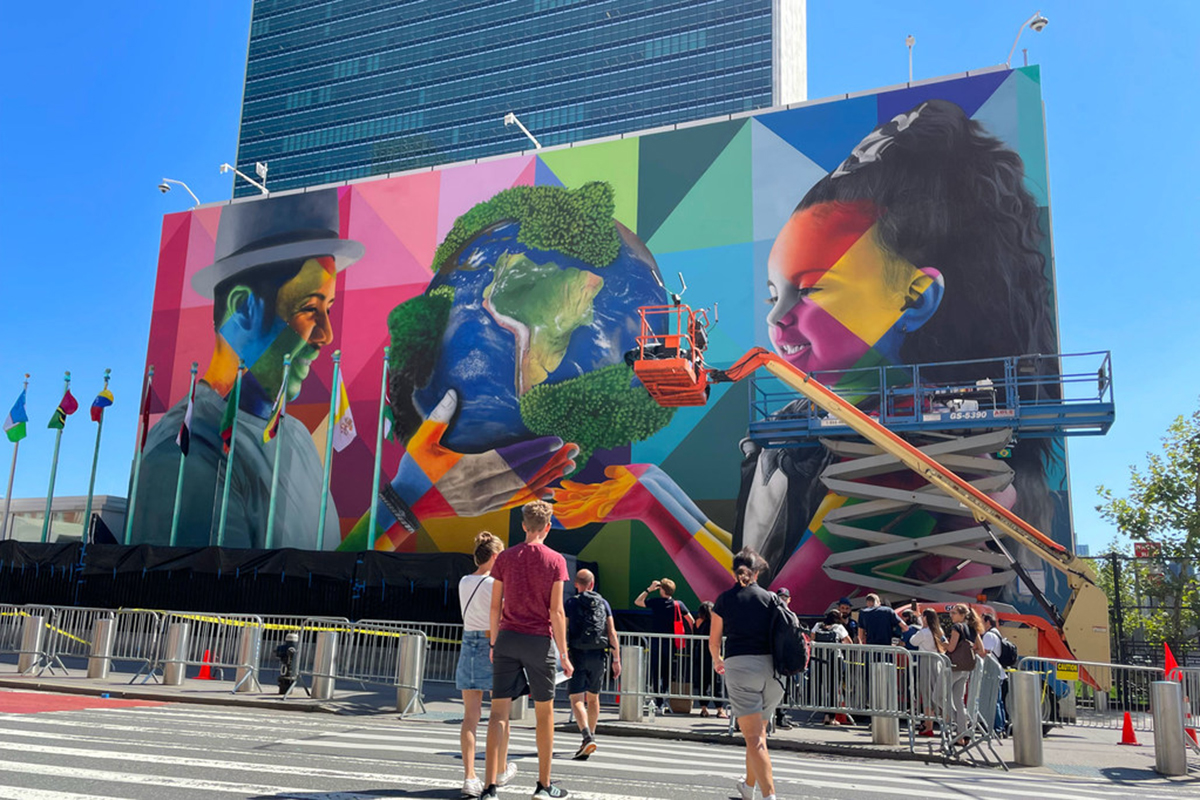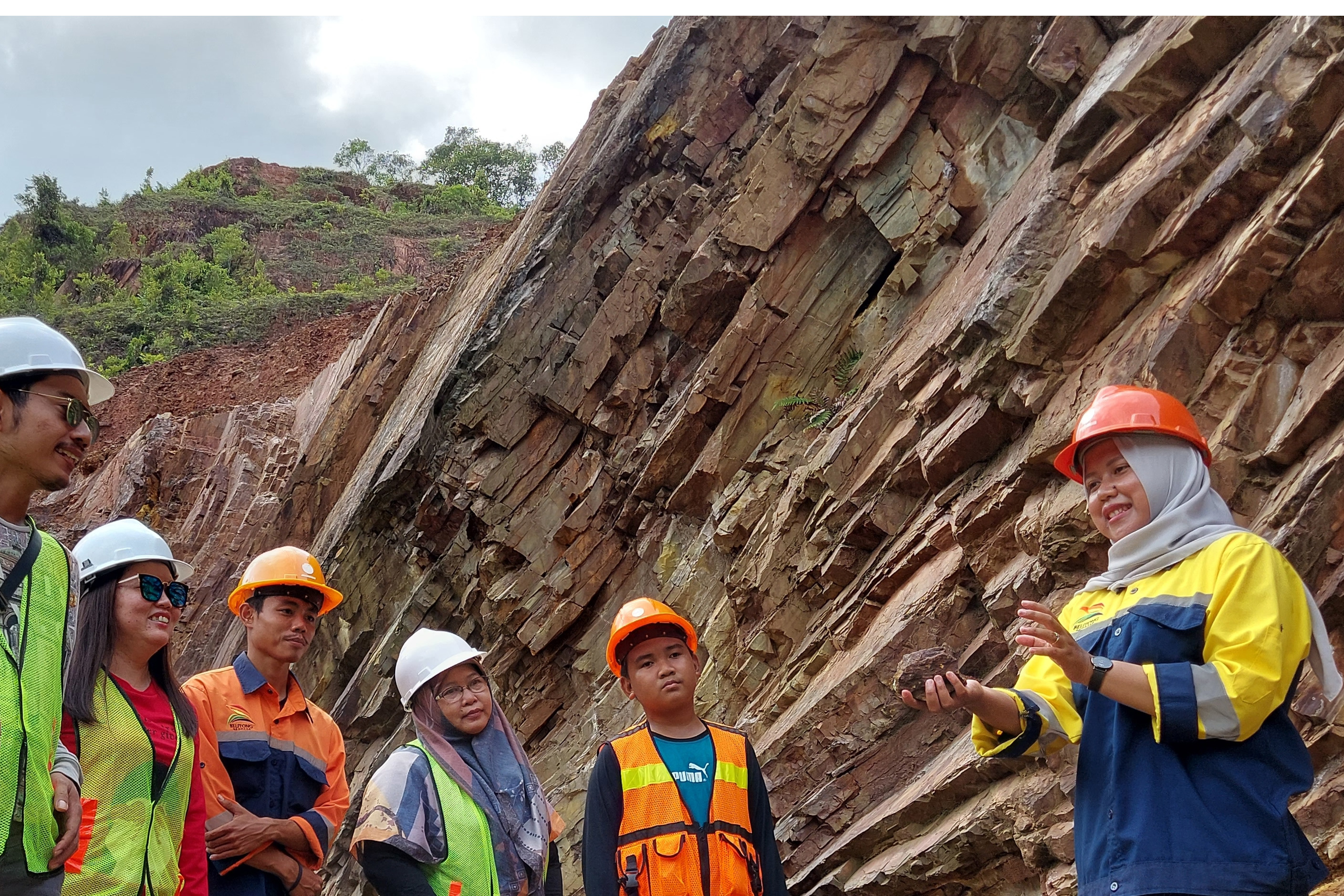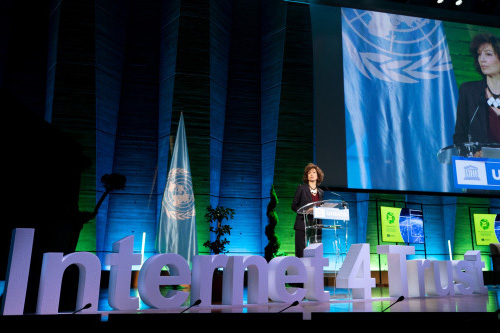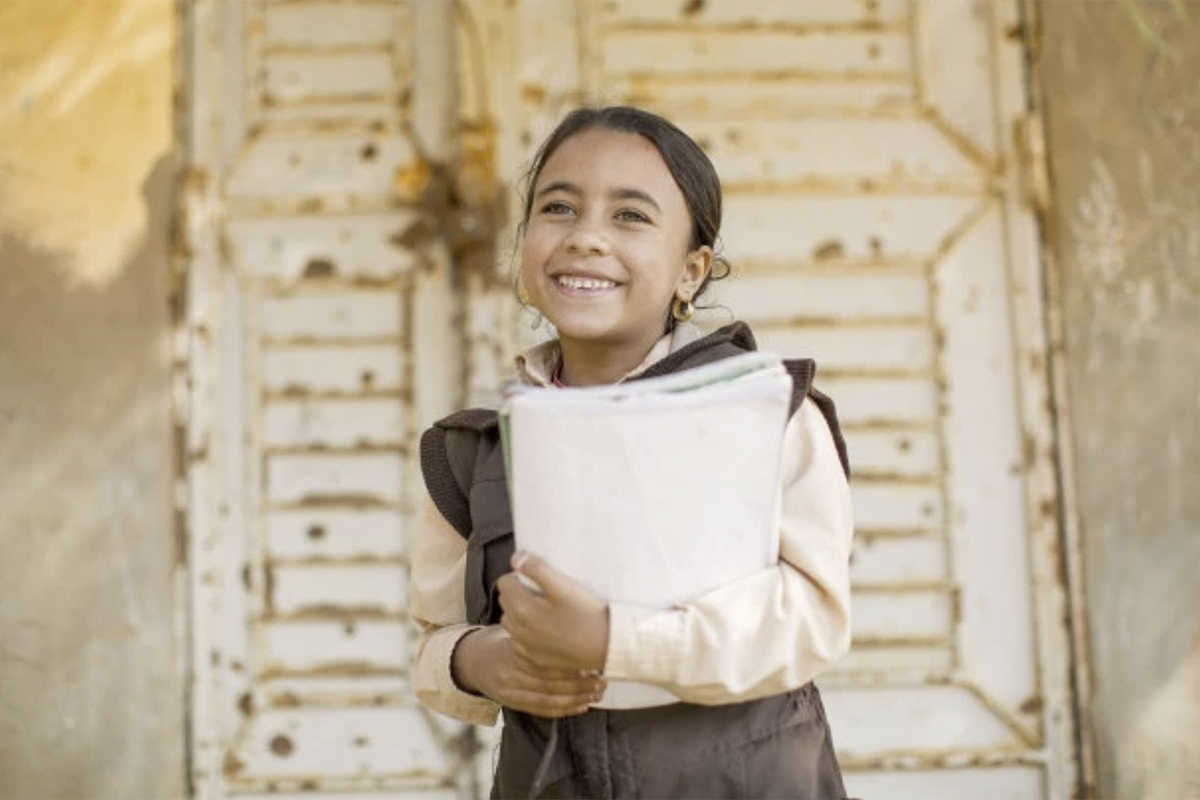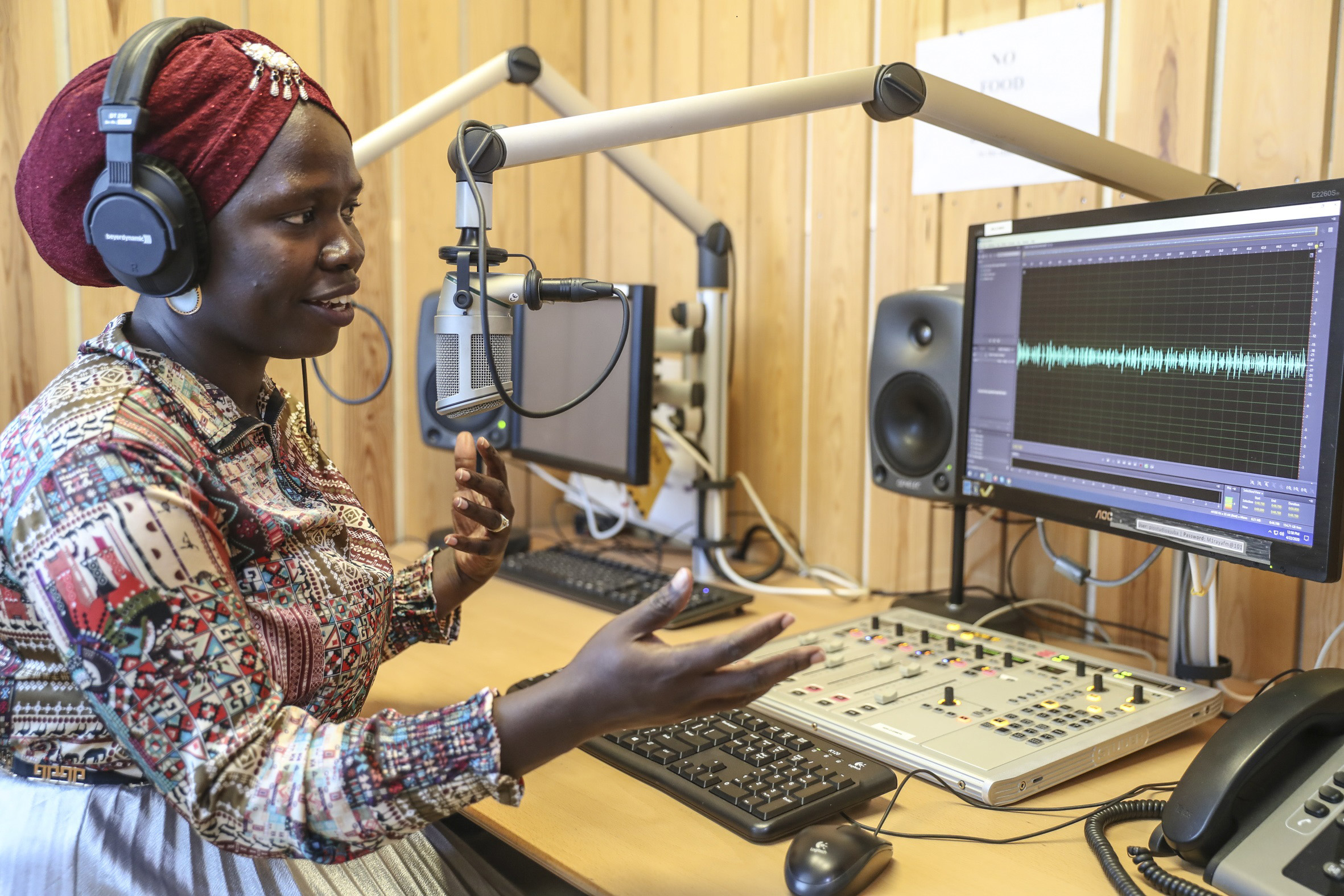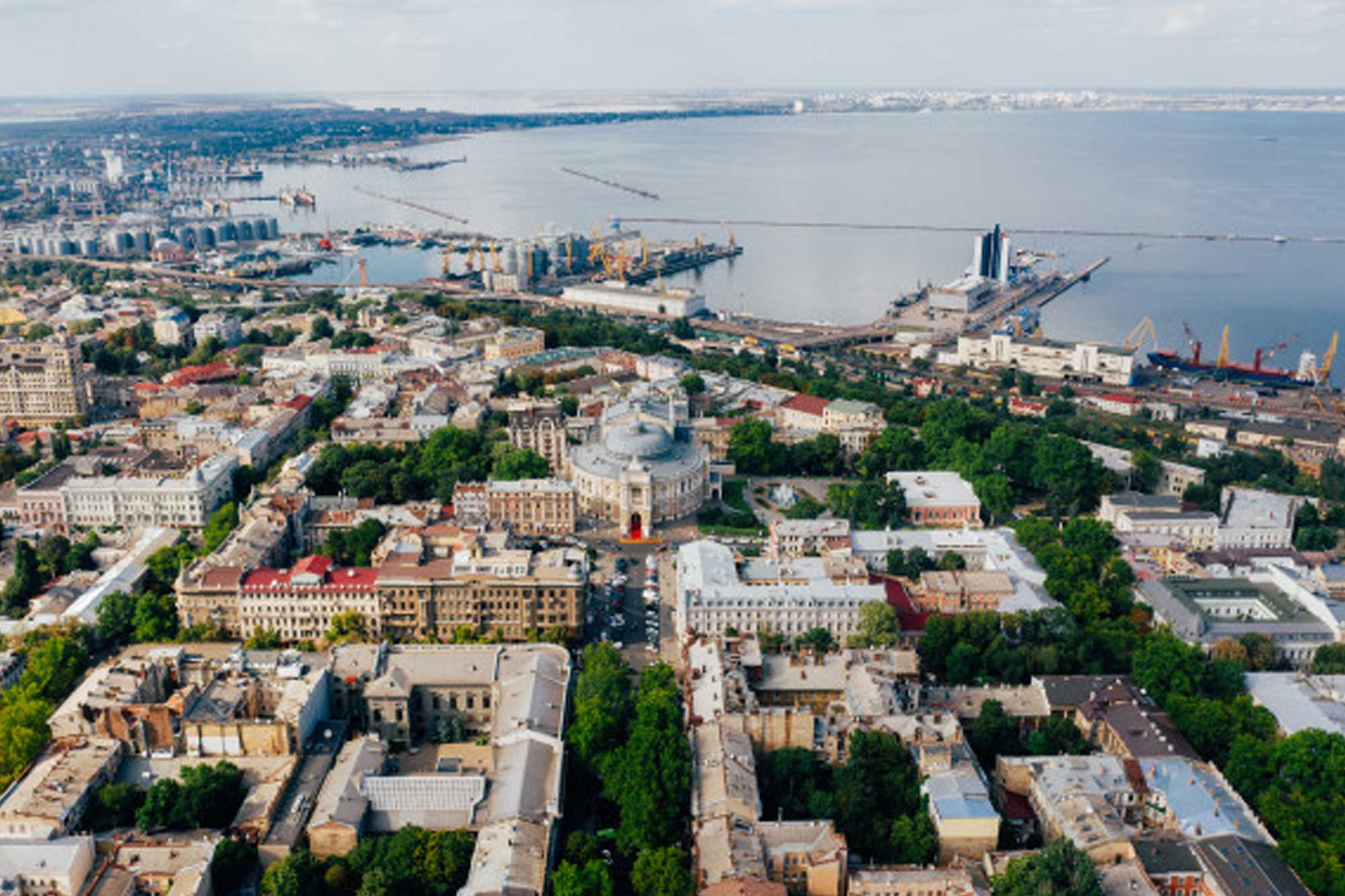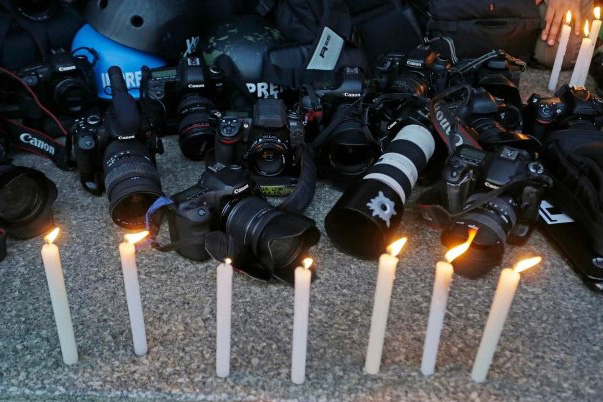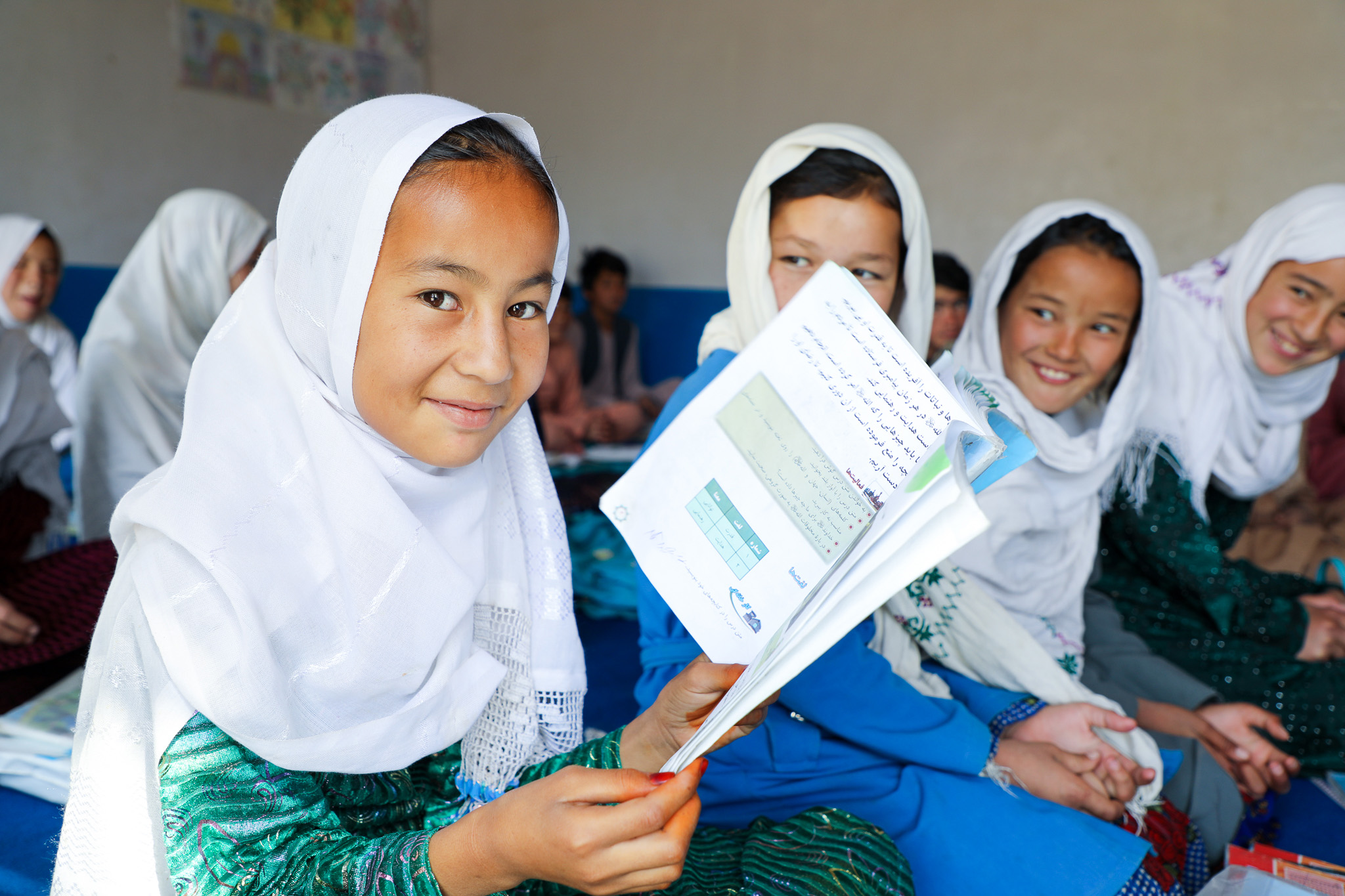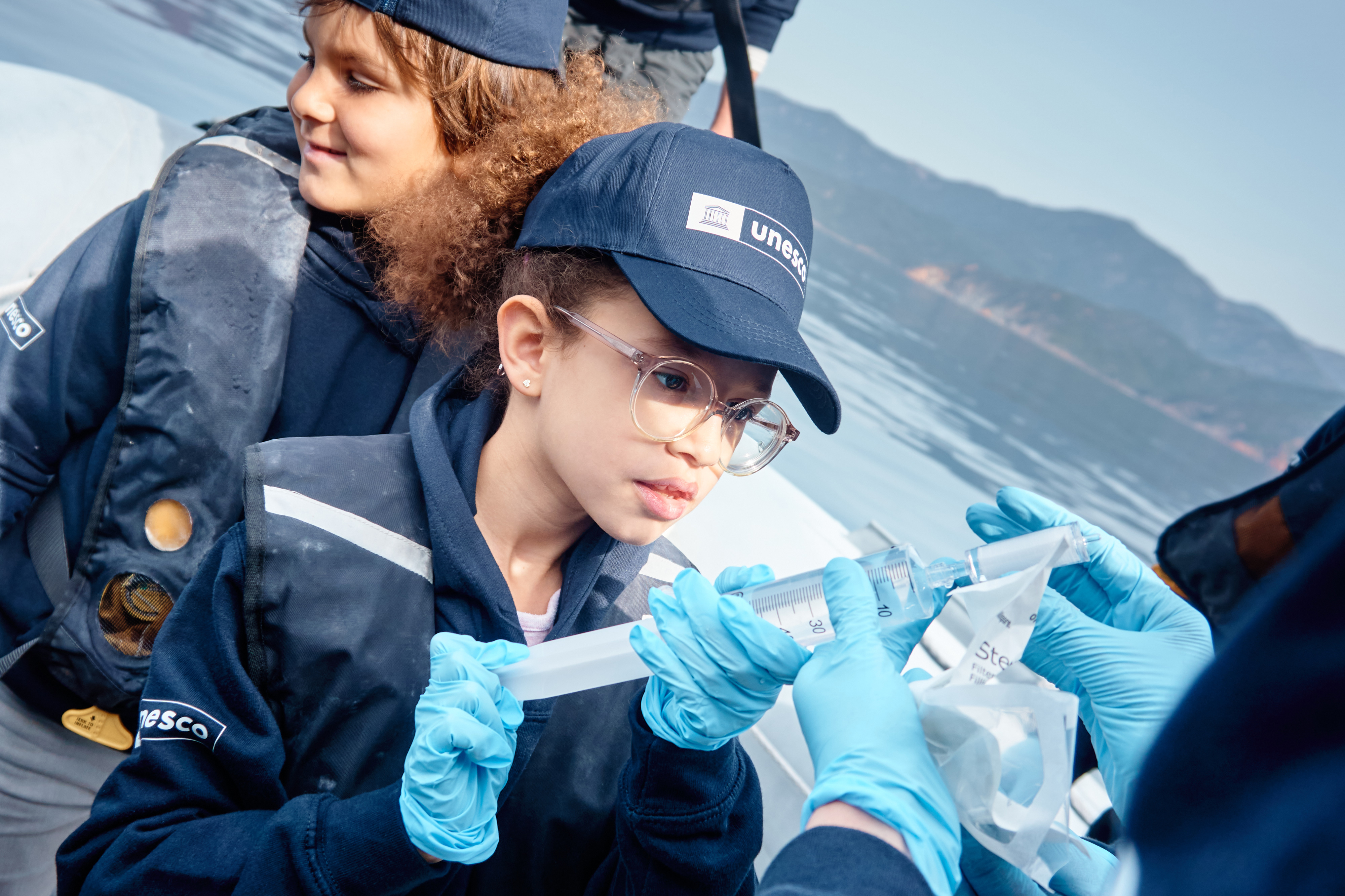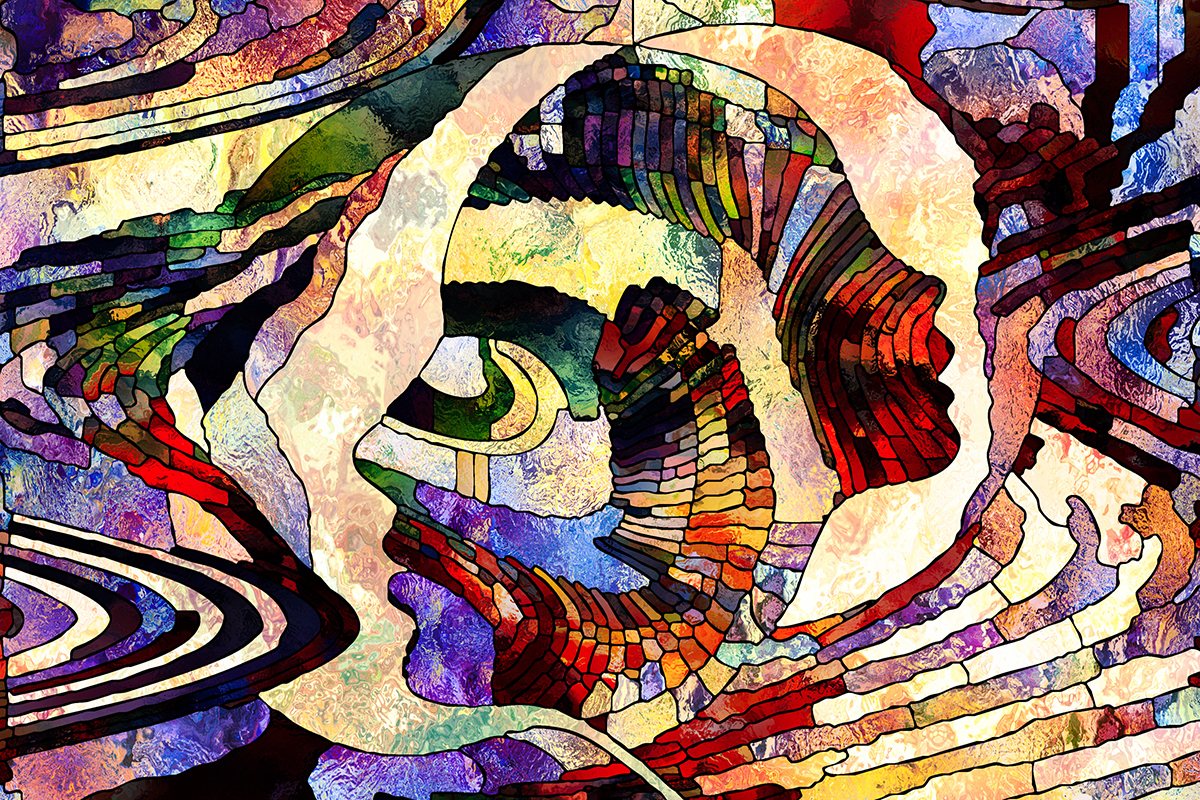Art nurtures creativity, innovation and cultural diversity and plays an important role in sharing knowledge and encouraging curiosity and dialogue. Therefore, UNESCO supports environments where artists and artistic freedom are promoted and protected. In this way, furthering the development of art also furthers our means to achieve a free and peaceful world. World Art Day (15 April) is a reminder that art can unite and connect us even in the most difficult of circumstances. Art continues to have the power to bring people together, to inspire, heal and share.
UNESCO
This is the story of a drop of groundwater that passes from hand to hand around the world, and the difficulties water is facing today.
UNESCO, through its flagship International Geoscience Programme (IGCP), run in partnership with the International Union of Geological Sciences (IUGS), has harnessed the intellectual capacity of a worldwide network of geoscientists to lay the foundation for our planet’s future, focusing on responsible and environmental resource extraction, natural hazard resilience and preparedness, and adaptability in an era of changing climate. In celebration of the 50th Anniversary of the IGCP, UNESCO and IUGS are holding a conference, ‘Healing the Earth: UNESCO and Earth sciences - past, present and future.’
UNESCO’s Internet For Trust Conference has brought together 4,300 participants to discuss regulatory solutions to the ongoing crisis of online information – the first ever such global conference. Speakers from UNESCO Director-General Audrey Azoulay, to the Brazilian President Luiz Inácio Lula da Silva and 2021 Nobel Peace Prize winner Maria Ressa underlined the urgent need for common global guidelines to improve the reliability of information while protecting human rights.
UNESCO presents the Meteora, a region of almost inaccessible sandstone peaks, monks settled on these 'columns of the sky' from the 11th century onwards. Twenty-four of these monasteries were built, despite incredible difficulties, at the time of the great revival of the eremetic ideal in the 15th century.
Radio is an important player in the maintenance and transition to peace. Professional radio addresses both the root causes and triggers of conflict before they potentially explode into violence. On World Radio Day 2023, UNESCO highlights independent radio as a pillar for conflict prevention and peacebuilding. In informing the public, radio stations shape public opinion and frame a narrative that can influence domestic and international situations, and decision-making processes. Increasing radio's journalistic standards and capacity should be considered as an investment in peace.
The World Heritage Committee inscribed the Historic Centre of Odesa (Ukraine) on UNESCO's World Heritage List, recognizing its outstanding universal value and the duty of humanity to protect it.
The spike in killings in 2022 marks a dramatic reversal of the positive trend seen in recent years: from 99 killings in 2018, the number had dropped to an average of 58 killings per year from 2019-2021, according to the UNESCO Observatory of Killed Journalists. Around half of the journalists killed were off duty at the time they were targeted. These numbers are a reminder of the growing fissures in rule of law systems worldwide and highlight states’ failure to fulfil their obligations to protect journalists and prevent and prosecute crimes against them.
Education is a human right, a public good and a public responsibility. Without inclusive and equitable quality education and lifelong opportunities for all, countries will not succeed in achieving the SDGs, including gender equality or breaking the cycle of poverty that is leaving millions of children, youth and adults behind. It's time to transform education. UNESCO is dedicating year’s International Day of Education to girls and women in Afghanistan who have been deprived of their right to education. It is calling for the immediate lifting of the ban restricting their access to education.
Being part of UNESCO's Intangible Cultural Heritage inscriptions means recognising the country's heritage and its importance in maintaining cultural diversity in the face of increasing globalisation.
Biodiversity is the living fabric of our planet. It underpins human wellbeing, and its rapid decline threatens nature and people alike. It is vital to transform people’s roles, actions and relationships with biodiversity, to halt and reverse its decline. Safeguarding biodiversity must become one of the major priorities of our time. Find out more about UNESCO’s commitment to biodiversity.
UNESCO is accelerating the mapping of marine species across some of the world’s most exceptional ocean places by combining science and education and working with local schools.
Children at UNESCO’s nursery and club in Paris, France share their desires and experiences in a candid exchange with Stefania Giannini, Assistant Director-General for Education. All young children need safe, stimulating, and nurturing environments to flourish. The period from birth to eight years old is one of remarkable brain development for children and represents a crucial window of opportunity for education. UNESCO’s conference on early childhood care and education is calling on all countries to ensure that education starts early.
By celebrating World Philosophy Day each year, on the third Thursday of November, UNESCO underlines the value of the development of human thought. By awakening minds to the exercise of thinking and the reasoned confrontation of opinions, philosophy helps to build a more tolerant, more respectful society. It thus helps to understand major contemporary challenges and to stimulate intercultural dialogue by creating the intellectual conditions for change. This year’s celebration titled “The Human of the Future” will take place in UNESCO, Paris, on 16-18 November and will be LIVE webcasted!

